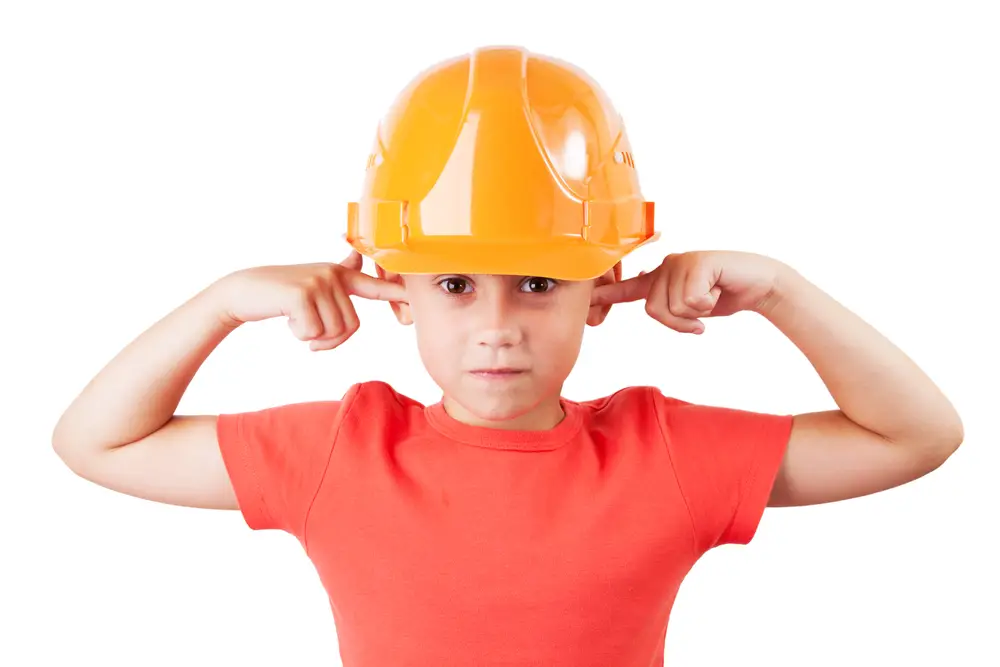
Air source heat pump soundproofing is a hot topic these days. Heat pumps have become very popular, which has led to a tsunami of new installations. Unfortunately, not all of these installations been done appropriately, which can lead to nuisance complaints from close neighbours.
If a heat pump has been installed directly outside the bedroom window, this can cause disturbance for the occupants and lead to sleepless nights.
Heat pumps aren’t actually that noisy, making no more noise than comparable household equipment. Indeed, they are quieter than gas boilers tend to be but, nevertheless, being mindful about where to position your air source heat pump and making sure steps are taken to ensure it runs quietly is important.
Table of Contents
Are air source heat pumps loud?
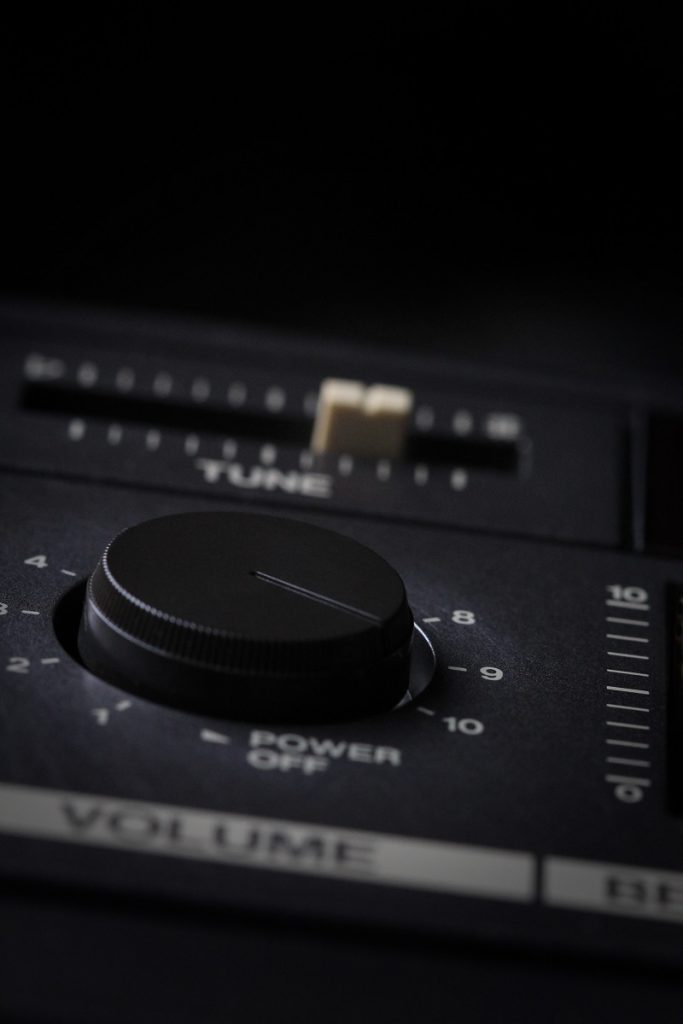
One of the most common questions we get asked by people who are thinking of installing an air source heat pump is, “are air source heat pumps loud”?
Typically, the noise level of an air source heat pump is on a par with a microwave oven and is significantly quieter than a toilet flushing.
Whether you think that’s loud or not depends on how sensitive you are to noise. People’s responses to noise are deeply personal, with some people able to sleep through a bomb blast, whereas others stir at the sound of the gentlest whisper.
People can also become sensitised to noise and once they have noticed even a relatively quiet noise and become irritated by it, it then becomes impossible to ignore and a source of nuisance.instal
Noise also travels in very strange way sometimes. Vibrations can become amplified and focused due to the presence of reflective surfaces for example. It is possible for the occupants of a house that has a heat pump mounted on the wall outside the kitchen to hear nothing when it kicks in and be completely unaware of its presence as far as the noise it makes goes. However, that same heat pump can be a real source of nuisance to their neighbours, who may be more than 10 m away.
The reasons why this can happen can be complex and very site-specific but one possible explanation is that the occupants of the building are behind the fan blades, so the noise is directed away from them. In addition, the wall upon which the heat pump is mounted could serve as a sound reflector, further reducing noise to the people in the property and directing it towards the neighbours.
What is the quietest air source heat pump?

The Ochsner Air Hawk 208 heat pump claims to operate very quietly indeed. The technical specs state 28 dB at a distance of 3 m from the outdoor unit when running in standard mode.
Compare this to other heat pumps that might typically run at 42dB and you can easily see that the Ochsner model is very quiet indeed.
When you bear in mind that the decibel scale is a logarithmic scale, the difference is even more stark. For every increase of 3 dB, the noise becomes twice as loud and for every 10 dB increase the sound energy is increased by a factor of 10. So you draw the conclusion that the 42 dB heat pump emits more than 10 times the sound energy of the Ochsner.
How loud are Mitsubishi heat pumps?
Mitsubishi on the most popular models of heat pump available. So people often ask specifically about the level of noise that they emit.
According to Kearney HVAC, you can expect the outdoor unit of a Mitsubishi Electric mini split heat pump to operate at the noise level of 58 dB. Although this is much higher than the Ochsner, it’s actually still pretty quiet -about the same noise level as a microwave. The connected indoor unit provided by Mitsubishi is even quieter still, as this operates as low as 19 dB’s.
Are ductless heat pumps noisy?
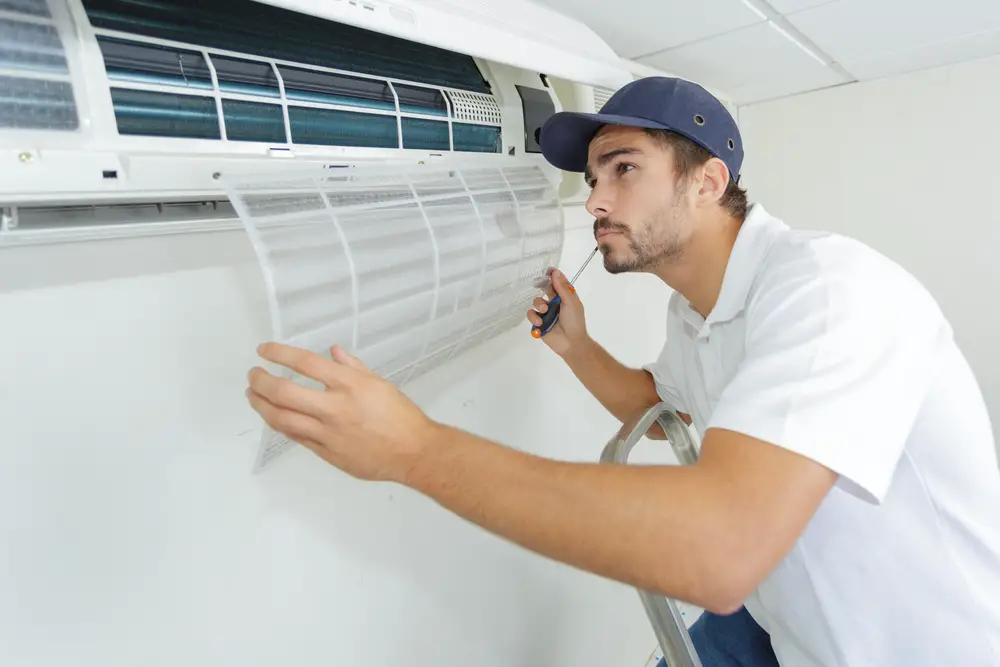
Ductless heat pumps are often dubbed “whisper quiet” by manufacturers and installers alike. A lot of people with these systems installed report being surprised at how quiet they are, to the point where they think they have been switched off.
As previously mentioned, all household appliances make some noise. During normal operation a ductless heat pump will give off the gentle sound of the fan turning to blow air. Sometimes you might hear the refrigerant being pumped through the unit and other mechanical noises like the clicking of switches and whirring of servos. These sounds are generally nothing to worry about and not too obtrusive.
Air source heat pump noise Calculator
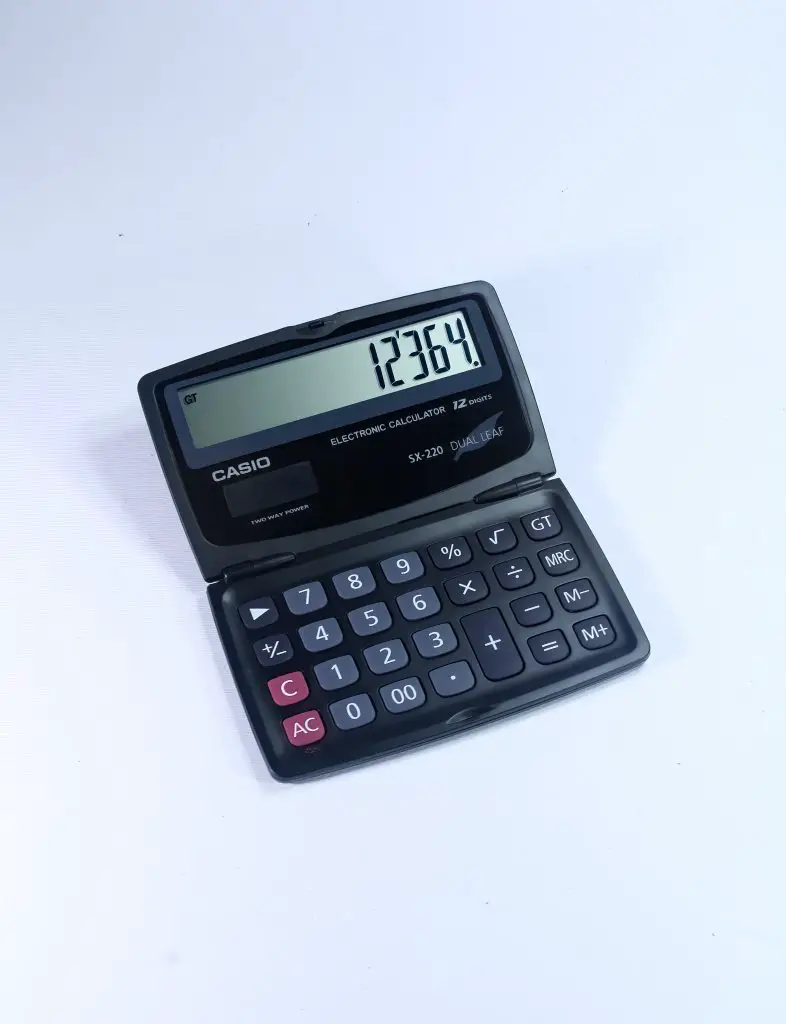
Using the manufacturers technical data sheet as a starting point, it is possible to obtain a weighted sound power level of the heat pump. Choosing the highest sound power level listed on the datasheet and applying various factors of modification to take into account directivity, the distance from the heat pump to the assessment position, it is possible to estimate the decibel reduction at any given point of interest, such as the window of a neighbouring property.
Making these calculations in advance of installing your air source heat pump will help you in any application for planning permission and help to ensure that your new unit doesn’t become a source of noise nuisance for neighbours.
There is guidance available online to help with these heat pump noise calculations. It is possible to run calculations to determine the likely noise levels at any particular assessment position, which could include a dormer window of a neighbouring property. Generally, the focus of these calculations is on habitable rooms, which are rooms other than kitchens and bathrooms.
Samsung air source heat pump noise
Samsung are another popular manufacturer air source heat pumps, so it’s worth mentioning the noise that they might typically emit.
Samsung air source heat pump noise is generally between 48 and 54 dB, depending on the specific model. That’s according to the technical manual for Samsung’s EHS Mono range.
Other models in Samsung’s range are likely to fall close to these numbers, but if noise is important to you and recommend satisfying yourself by looking at the numbers for your particular model.
Why does my heat pump sound so loud?
These are the words that no heat pump installer wants to hear. Sometimes heat pumps can make loud noises due to a fault in one of the components or as a result of poor installation practices.
All heating products can make a fair bit of noise. But normally in the case of an air source heat pump, if it’s perceived as noisy, more often than not it’s because it’s poorly positioned. That can mean it right outside the bedroom window and disturbs the occupants’ sleep. It might also mean that is oriented in such a way that it directs all the noise towards a neighbours house, possibly with the assistance of reflective surfaces that serve to amplify the noise.
If the person being affected is particularly sensitive to noise, this can also be a factor.
Neighbours noisy air source heat pump
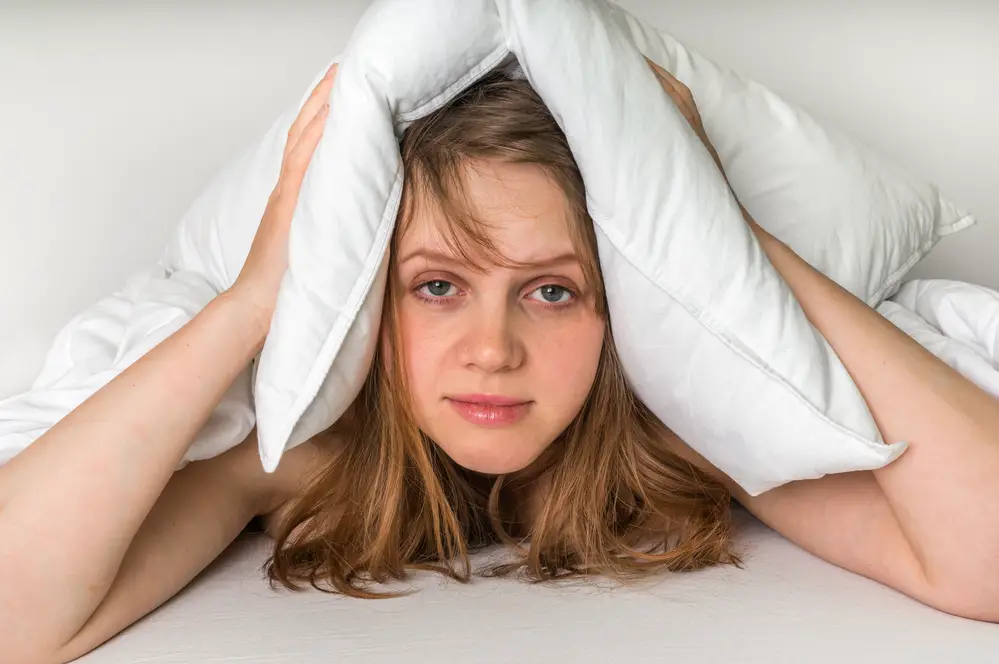
If you are unable being affected by noisy air source heat pump, this can be a very unpleasant experience. Your neighbours might not even know you are being affected, so it’s usually a good idea to go have a chat with them before taking any formal action.
If a quiet chat doesn’t work, or if they just don’t believe you, confirm your local environmental health and ask them to come out doing independent assessment on your behalf.
Once you’ve been able to establish that neighbours noisy air source heat pump is the source of the problem is having a material impact on the quality of life, you have the evidence to take things forward.
Of course, the planning system is supposed to prevent these sorts of problems arising in the first place, but we don’t live in a perfect world.
Noise complaints from air source heat pumps
If you are receiving noise complaints about your air source heat pump, there are actions you can take to mitigate this.
It’s best, if you can, to avoid conflict and resolve matters in an amicable way. If the complaints you have received but downfall channels, it will serve you well to be cooperative and actively take steps to minimise the nuisance.
Can you soundproof an air source heat pump?
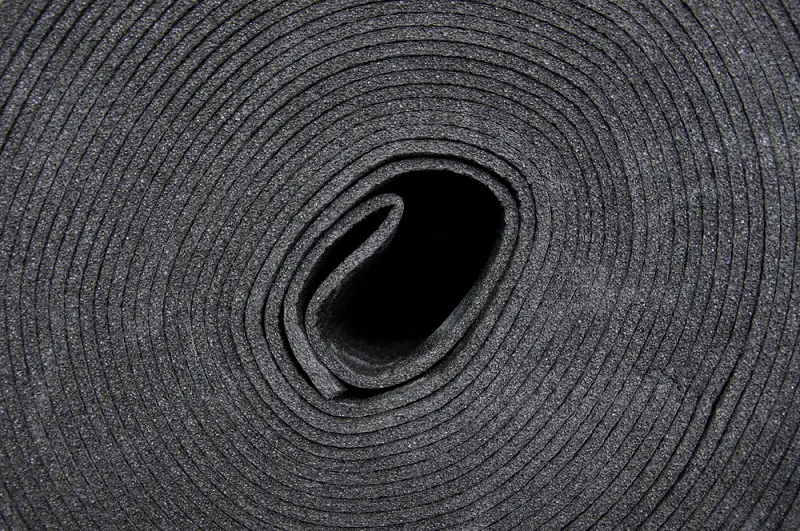
Before taking steps to soundproof an air source heat pump, you should make sure that it’s been properly maintained and is not faulty in any way.
Imbalances or damage to components, bolts working loose, cables rubbing against moving parts, and even debris in the unit itself can give rise to noise from your heatit’s always worth checking for these issues before jumping in purchasing a separate enclosure.
You might find that replacing the fan or the motor so they run smoothly once more will fix the noise issues related to moving components in your heat pump.
If things are really badly damaged or very old, you might actually need to replace the entire unit. Most heat pumps will last up to 20 years or perhaps longer, so replacement shouldn’t be necessary unless your heat pump is very long in the tooth.
If you spoken to a heat pump technician and they advise that your heat pump is in full working order, they might be time to look at soundproofing options.
How do you soundproof a heat pump?
So, how do you soundproof a heat pump? Once again, it depends on what the issue is. There are a couple of ways that you can tackle the problem within the heat pump itself.
Sound blanket wraps
If the compressor is old and worn but still serviceable, you might have success with sound blanket wrap (also known as an acoustic barrier blanket or sound damping blanket). These are exactly what they sound like basically wraps made of sound reducing material which wrap around the compressor and cut down the noise that they generate. It’s important that the sound blanket wrap is fitted by professional to ensure its effectiveness and nature doesn’t interfere with the operation of the heat pump.
Vibration isolation dampener mounts
Excessive vibration can cause your heat pump to be noisy, so installing dampener mounts on the bolts that fix the compressor in position to isolate any vibration can work a treat.
Clean the fan blades
A buildup of dirt on the fan blades can cause them to wobble due to the imbalances an uneven buildup of dirt can cause. Good clean can fix this, which highlights the importance of regular servicing which will keep everything clean and in good working order, thereby keeping your heat pump quiet.
How do I dampen the sound from my heat pump?
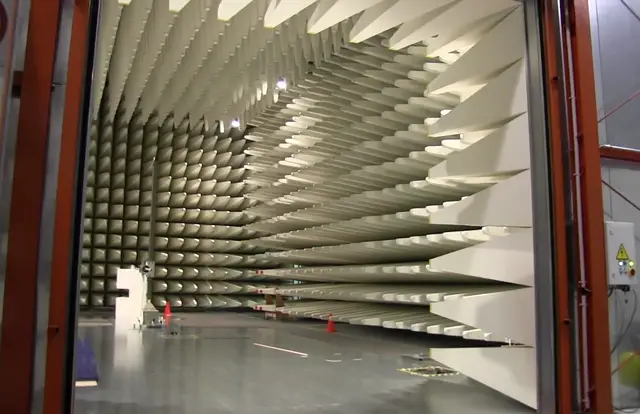
If you’ve tried wrapping the compressor and installing isolation dampener mounts but the noise is still excessive, you could try damping down the sound from your heat pump from the outside.
There are several approaches to this.
Can I enclose my air source heat pump?
You need to take care when fitting any kind of enclosure around your heat pump. If you don’t leave sufficient air gap to allow for the necessary airflow and ventilation around your unit, it can hamper its operation and might even damage it.
Air Source heat pump soundproofing with a fence
Built properly, a sound dampening fence can make a big difference, greatly reducing noise levels and at the same time concealing your heat pump, thereby reducing its visual impact. Even a simple wooden fence can help a lot and will go some way to protecting your heat pump from the elements, as well as from stray footballs your kids might send its way.
Air source heat pump shed
If you really want to look after your heat pump, you could make it it’s own little house. An air source heat pump shed might be overkill, but it’s likely to be extremely effective in terms of noise mitigation and will certainly protect the unit from the elements which might increase its lifespan.
Air source heat pump enclosure
Professionally manufactured acoustic enclosures are available, which will do a very good job of getting noise from your heat pump. They are available in a variety of materials, ensure proper airflow around the unit and have the added benefit of being secure and tamperproof.
You probably have seen commercial versions of these outside public buildings like, which are fairly functional in appearance. There are versions of these which are much more visually appealing and blend in well in a residential environment.
I would caution against building your own heat pump enclosure, but if you really must please make sure that you allow for sufficient air circulation. If the cold air being expelled from the unit cannot escape from the enclosure and ends up being drawn back into the heat pump unit, it will dramatically reduce the efficiency of your heat pump. Ever colder air will be drawn into the heat pump and the overall effect will be similar to running the heat pump in the middle of winter – much less efficient.
Manufacturers of heat pump enclosures
Daikin acoustic enclosures
Daikin launched their acoustic sound enclosures in May 2021. Billed as “the intelligent approach sound reduction”, enclosures were a response to the strict sound regulations being enforced in areas of dense population. Building upon the already quiet heat pumps available, the sound enclosures further reduce noise levels to avoid any nuisance problems.
They are also discreet and easy to install and are specifically designed to avoid short-circuiting of cold air.
Environ
Environ’s heat pump enclosures are compact, weatherproof and built to last. Available in most standard colours with special finishes available such as to the effect paintwork, Environ cater to the style conscious residential market.
Environ have been in this business for over a decade and have developed a patented system to eliminate noise from heat pumps. The units make use of the principles of sound insulation, sound absorption and incident sound wave cancellation which work together to greatly reduce the noise generated by heat pump.
Pumph
Pumph are a UK firm based in Nottingham and make wooden guards designed for listed buildings particularly scenic areas. They make use of tanalised, pressure treated timber to create enclosures that comprise louvred panels which optimise airflow.
Pumph’s wooden guards improve the look of a heat pump, quick and simple to put together and install and suit most standard sizes of air source heat pumps.
Summary
Hopefully heat pump noise is not something you’ll ever have to worry about. With careful selection of a quiet model, proper siting and installation, your heat pump will operate quietly and efficiently for many trouble-free years.
Proper maintenance of your heat pump will help to ensure that noise does not become a problem as your unit ages.
Noise does become an issue, you can take the remedial steps outlined above, which include acoustic wraps for any noisy internal components, as well as solutions involving enclosures that prevent noise escaping from the immediate vicinity of the heat pump unit.
Professional heat pump installers and technicians will be able to advise you if you do get problems with noise, or if you’re concerned about any of the issues above. Please read our article on how to find an installer, which will help you find a properly qualified technician in your area and what to expect, as well as some useful questions to ask.